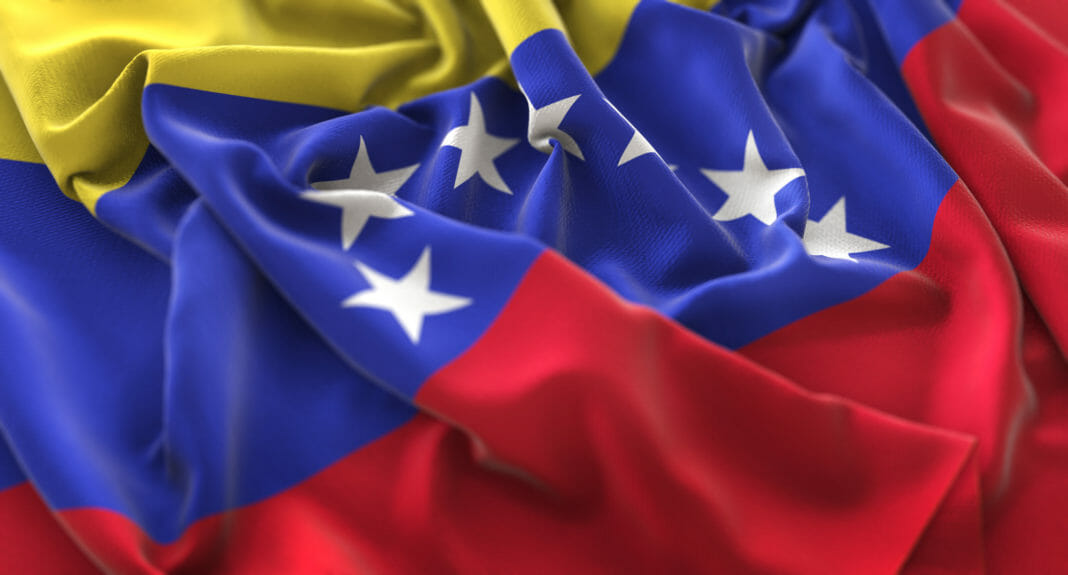The guidelines that Sunacrip issued will take effect on July 19th. The rule seeks to combat the risk of money laundering and terrorist financing.
In recent days, the National Superintendency of Crypto Assets and Related Activities (Sunacrip) of Venezuela issued regulations for virtual asset service providers (VASP). These guidelines are in line with the recommendations that the Financial Action Task Force (FATF) has previously given.
According to the Official Gazette, the regulation seeks to control the risks of money laundering, terrorist financing, and the “proliferation of weapons of mass destruction.” The provisions that Sunacrip issued will take effect on July 19.
“This rule will apply to people and entities, both public and private that provide products and services with crypto assets. These will include transactions in (or from) the Venezuelan territory,” according to the ruling that National superintendent of Crypto Assets, Joselit Ramírez, signed.
All VASPs in the country must have a “comprehensive risk management system”, a fixed budget for their operations, and a designated “compliance officer.” The latter is the official who is in charge of approving the policies and internal controls to combat potential crimes.
In the case of Bitcoin exchanges, they must keep track of the operations that their users conduct. If they detect suspicious transactions, they must “inform the competent authorities in a timely manner”, according to article 10 of the regulation.
The reports that these companies must send to the competent authorities cover two aspects. First, they have to complete the form called the Suspicious Activity Report (RAS). Second, they need to submit the information to the National Financial Intelligence Unit (UNIF), which will conduct the corresponding investigations.
Application of the “Travel Rule” to Transactions with Bitcoin
One of the most striking aspects of the regulation is the application of the “travel rule” to transactions with Bitcoin. That rule is one of the many FATF recommendations to reduce the risk of money laundering worldwide.
According to the rule, transactions with cryptocurrencies above USD 1,000 must include the personal data of the sender and the recipient of the funds. In the case of Venezuela, Sunacrip requires the design of “effective processes for Due Diligence to know the Customer (CDD).”
The VASPs must collect the following data: the name of the sender and the beneficiary, the account number or virtual wallet of each (or the reference number of the transaction) to be able to track it, the physical address of the sender, the national identity number, the customer’s identification number, as well as his date and place of birth. Likewise, service providers must also track the IP addresses that their customers use and examine the history of their transactions.
The Financial Action Task Force recently issued an update to its guidelines for Bitcoin and other cryptocurrencies. The rules of the international organization would come into effect in June, a month before the regulation that Sunacrip issued.
The relevance of cryptocurrencies to the world economy has led several countries to adopt strict measures for their control. The Venezuelan government is just one of those who consider that these types of assets favor money laundering. South Korea, the United States, and China have also shown their intolerance towards the privacy that decentralized cryptocurrencies provide.
By Alexander Salazar











